Welcoming a new puppy into your life is an adventure filled with joy, boundless energy, and undeniable cuteness. But, it also comes with big responsibilities. These responsibilities shape the life of a small, vulnerable puppy. Puppies, with their small stature and developing minds – require more than just affection.
They need a space that’s carefully planned for their growth and health. And if we ignore their important needs, they might have problems as they grow and learn. This could affect how happy & well-behaved they are. Ultimately impacting your experience as a pet parent. So this is not just about feeding and cuddling; it’s about creating a nurturing space where your pup can thrive.
- Puppies need careful planning for their growth, including items like nutritious food, comfortable bedding, and toys for mental stimulation.
- Considering factors like financial commitment and lifestyle alignment before getting a puppy ensures long-term happiness for both pet and owner.
- Preparation steps like puppy-proofing the home and creating a dedicated space are essential for a safe and comfortable environment for new puppies.
- Regular vet visits, and vaccinations are crucial for a puppy's health and wellbeing.
If you’re new to owning a dog, you should really pay attention to certain things like:
- Comfortable bedding
- Nutritious dog food
- Appropriate training supplies
- Engaging toys
- Essential grooming tools
- Effective cleaning methods
- And vital healthcare services
Each of these things plays a crucial role in nurturing a healthy, happy, and well-behaved pup.
As a prospective or new puppy parent, you might feel overwhelmed but fear not. Keep reading and you’ll learn how to start this amazing journey with confidence & the right information.
The information provided herein is for informational purposes only. Please refer to our disclaimer for more details..
What To Consider Before Getting a Puppy
Before getting a puppy, think carefully to see if it’s right for your family. It’s a big choice that will affect you for many years. Puppies grow up to be dogs and are part of your life for a long time. It’s crucial to meet their key welfare needs to ensure their lifelong happiness and health. And this means being ready for their changing needs. So carefully weigh these factors to make an informed decision about bringing a puppy into your home.
- Financial Commitment: Owning a puppy costs money. First, you have the cost of getting the puppy. And then, you need to pay for ongoing things like insurance, vet care, food & other stuff like leashes, toys, and grooming supplies.
- Lifestyle Alignment: Puppies need your time and attention, especially when they are young. Check if your daily life allows for a puppy’s needs. If you work full-time, you might need to think about daycare options. And remember, a puppy is a long-term commitment – ensure future lifestyle changes can incorporate your canine companion.
- Home Suitability: Think about whether your home is good for a puppy. Important things include having a safe place outside for play and enough space for eating and sleeping areas. Puppy-proofing your home is really important.
- Household Readiness: All family members should agree on getting a puppy. Decide who will do things like feeding, walking, and playing. And if you have other pets, plan how to introduce them slowly and carefully.
- Veterinary Access: Research local veterinary clinics and register your puppy for regular check-ups and vaccinations. Use websites like the RCVS for help, or ask other dog owners for advice.
- Thorough Research: Know what your potential puppy’s breed needs to make sure it fits with your home and life. You can use resources like breed-specific quizzes to help you choose.
- Responsible Acquisition: If buying from a breeder, avoid puppy farms. Use things like the puppy contract to find a good breeder. If you want a pedigree puppy – think about going to a Kennel Club-assured breeder who follows higher standards.
Remember, getting a puppy is not just about the joy and fun they bring, it’s about providing a loving, safe & nurturing environment for them to thrive. By thinking about these points, you’re on your way to being a responsible and ready puppy owner.
Prepare Your Home for Your New Puppy
Now if you have decided to welcome a new puppy into your home, it’s time for the preparation to create a safe and comfortable environment for your new family member. Here’s a step-by-step guide to get your home puppy-ready:
- Puppy-Proof Your Home: First, make sure your home is safe for a puppy. Lock away things like cleaning products, wires & small chewable items. Keep in mind that puppies grow quickly – so areas that are initially out of reach, like stairs or certain furniture, might soon become accessible.
- Create a Dedicated Space: Your puppy needs their own spot to rest. A crate is great for this. It’s safe and helps with potty training. Put the crate in a quiet area, away from foot traffic, and fill it with soft blankets & bedding. And even if your puppy sleeps in your room, they should have their own space for the day.
- Eating Area: Make a separate place for your puppy to eat, away from where they sleep. Keep their food somewhere they can’t get to it by themselves to prevent any sneaky snacking.
- Implement Boundaries: Use baby gates to block off areas where you don’t want your puppy to go. And it’s important to establish these boundaries from day one to avoid confusion. This not only keeps your puppy safe but also allows them to see you, which is comforting as they settle in.
- Secure Your Garden: Make sure your garden is safe for a puppy. Check that fences are secure and look for any dangerous plants or objects. Puppies are curious and might try to get through small gaps or dig.
- Consider Existing Pets: If you have other pets, prepare them for the new arrival. Make sure their vaccinations are up to date and they have their own space. This helps prevent problems over territory.
- Establish House Rules: Decide what rules your puppy should follow. This includes places they can’t go and furniture they can’t climb on. Being consistent helps them learn and train better.
- Plan for Integration: Let your puppy explore slowly and meet any other pets you have under close watch. And always be there to supervise & give them a safe place to retreat if they feel scared.
- Love and Attention: Lastly, give your puppy lots of love, positive reinforcement, and patience. As they’re learning about their new home.
By following these steps – you can ensure a smooth and joyful transition for your new puppy into your family and home.
New Puppy Checklist
Embarking on the journey of welcoming a new puppy into your life is both thrilling and filled with responsibilities. Here’s a comprehensive checklist to ensure you have everything ready for the arrival of your furry friend, making the transition as smooth and enjoyable as possible.
1. Bedding for Your Puppy
Getting the right bedding is very important for your puppy’s comfort and safety. Here are some things to think about:
- Bed: Choose the right dog bed for your puppy’s comfort and growth. It should be easy to clean, raised off the ground, and away from drafts. Ensure the bed allows your puppy to stretch out fully without any overhang – keeping in mind their potential adult size. A durable bed is good because puppies can be rough. Beds with less stuffing are better for easy cleaning.
- Dog Crate/Kennel: A good crate or kennel is really important. It’s not just for sleeping, but also for safe car rides and crate training. Find one that can change size as your puppy grows. Your puppy should be able to stand, turn around, and lie down in it easily. Look for crates with special features like:
- Dividers
- Trays that don’t leak
- And ones you can fold up easily.
- Blanket: Add a washable rug, cushion, or blanket to your puppy’s sleeping spot. And, this makes their bed, crate, or kennel more comfortable for them to relax.
- Baby Gates, Puppy Playpens & Other Fence Systems: Setting up things like baby gates and playpens helps puppy-proof your home. These barriers limit where your puppy can go in the house. And they keep your puppy safe and close to you. This is great for helping them rest, play, and learn the rules of the house. It also stops them from doing things they shouldn’t.
2. Food for Your Puppy
Nourishing your new puppy correctly is vital for their growth and health. Here’s what you need to make sure they eat well:
- Food & Water Bowls: Pick dog bowls that are the right size for your puppy and how they eat. Choose ones that are strong and easy to clean. Always make sure your puppy can get to fresh water. And as your puppy grows – these bowls should accommodate their size for at least the first year.
- Healthy Puppy Food: Choosing the right food for your puppy needs careful thought. Go for good puppy food that’s made just for them, as puppies need different things in their diet than grown-up dogs. Start with the food they are used to and change it slowly if needed. Weigh your puppy often to watch their growth and change how much they eat based on that.
- Training Treats: Furthermore, training treats should be high-value & enjoyed by your puppy, aiding in their learning process. Small treats that you can break up are best are ideal for frequent rewards without overfeeding. Always talk to your vet about what food is best for your puppy, especially if they are going to be a big dog when they grow up.
- Food Storage & Treat Pouch: Puppy-proof food storage is crucial to keep your puppy out of mischief. There are lots of good options for keeping food safe. A treat pouch is great for training. And it lets you get to treats quickly, which helps teach your puppy good behavior.
3. Exercising and Training Supplies
Getting ready for a new puppy means having the right supplies for exercise and training. This ensures they stay safe, comfortable, and healthy. Here’s what you’ll need:
- Adjustable Dog Collar & ID Tags: A collar that can adjust to your growing puppy’s size is really important. Although harnesses are better for walks, collars are crucial for identification. And this is especially true when your puppy is at places like doggy daycare or the groomer. The collar should fit snugly – you should be able to fit two fingers under it, but it shouldn’t be so loose that it slips over their head. Make sure to attach an ID tag with your puppy’s name, your contact information & any other important details. This helps people identify your puppy if they get lost.
- Comfy Training Harness & a Good Leash: Choose a comfortable and adjustable harness for walks. Puppies often do well with over-the-head harnesses. Introduce it using treats to make it a positive experience. And the type of leash you pick should depend on your puppy’s behavior. Some puppies might chew or pull, so you might need a leash made of rope or chain. A leash about 6 feet long is good for training. Start getting your puppy used to these things at home before they’re ready for outside walks.
- Up-to-date Microchip: If your puppy hasn’t been microchipped yet, consult with your vet about the procedure. Microchips have unique numbers and are really important for finding you if your puppy gets lost. Make sure the microchip is registered in your name and that all the contact details are correct.
- Puppy Pads: These are helpful for house training, especially if you live in an apartment. They attract puppies and encourage them to go to the bathroom on them. Slowly move the pad closer to the door you’ll use for taking your puppy outside.
- Poop Bags and Holder: Poop bags are a must-have. Choose a bag dispenser and holder for easy use. This makes sure you’re always ready during walks or when cleaning up the yard. And start using these bags at home as part of toilet training. It’s also good to have them ready when you’re out and about.
4. Toys for Your New Puppy
Choosing the right toys is really important for your puppy’s mental and physical activity. And they also help manage their natural need to chew. Here’s what to look for:
- Calming & Comfort Toys: New places can be stressful for puppies. And toys designed to reduce anxiety can help your puppy adjust – especially during the initial nights. Examples of these toys include those simulating a heartbeat or providing warmth.
- Puzzle Toys: These are great for keeping your curious puppy busy. They help with separation anxiety and are good for their brains.
- Chew Toys: Puppies explore with their mouths and love chewing. Strong chew toys can stop them from chewing things they shouldn’t.
And you can make these toys more interesting by putting treats or frozen peanut butter inside them.
- Chase Toys: For puppies with lots of energy, toys they can chase are perfect, like balls or flirt poles.
They help puppies use up energy and are fun for them.
- Interactive Toys: When puppies want to play a lot, interactive toys are great. These toys keep them busy and moving.
- Plush Toys: Soft toys are great for puppies that like to cuddle. So look for ones with squeakers for extra fun but make sure they’re strong and safe.
- Variety: Offering a variety of toys is important for your puppy’s development, including those with different:
- Textures
- Sounds
- And shapes
Change them often to keep things interesting.
Always pick toys that are the right size for your puppy to avoid choking. Check the toys often for any damage. And replace them if needed. Remember, every puppy likes different toys. So try different ones to see what your puppy likes best. This keeps them happy and helps you bond with your new furry friend.
5. Grooming Supplies for Your New Puppy
Grooming your new puppy is a key part of their care. It helps keep them clean, comfy, and healthy. Here’s what you need:
- Brushes and Combs: Brushing your puppy often is important. It keeps their coat looking good, gets rid of loose hair & stops tangles. Start grooming your puppy early so they get used to it. Pick brushes that are right for the type of coat your puppy has.
- Nail Clippers: Puppy nails grow fast and need to be trimmed regularly. You can pick from:
- Scissor clippers
- Guillotine clippers
- Or grinding tools
What you choose depends on what you’re comfortable with and what your puppy needs. And if you’re not sure – ask a groomer or vet for advice.
- Shampoo and Conditioner: Puppies can get very dirty. So use a gentle shampoo and conditioner made for puppies. This keeps their skin from getting irritated. Avoid shampoos with strong chemicals that can irritate their skin.
- Toothbrush & Toothpaste: Looking after your puppy’s teeth is really important right from the start. Use a toothbrush and toothpaste made for dogs. And try to brush their teeth daily, but even doing it once a week is a big help.
- Grooming Wipes: For minor messes that don’t warrant a full bath, grooming wipes are handy. They’re perfect for a quick clean-up, ensuring your puppy is always presentable.
Using these grooming supplies helps keep your puppy clean and comfortable. It also helps you bond with them through regular, gentle grooming.
6. Cleaning Supplies
Welcoming a new dog means preparing for inevitable messes. Equip yourself with these essential cleaning supplies before bringing your new puppy home:
- Enzyme Spray: This is great for cleaning up accidents and getting rid of smells. And this is especially crucial when you’re toilet training your puppy. These sprays are safe for pets & work well on carpets and furniture. They help you clean up quickly without ruining your stuff.
- Vacuum: A good vacuum is a must-have for dealing with pet hair. And if this is your first dog – choose a vacuum that’s made for pet hair. It really helps keep your house clean.
- Pooper Scooper: For keeping your yard clean, a pooper scooper is important. It makes it easier and cleaner to pick up after your puppy. So this is especially good if you don’t like touching it directly.
With these cleaning tools, you can easily manage any mess your puppy makes. This keeps your home clean and a nice place for both you and your new puppy.
7. Essential Health Care & Other Services
Raising a puppy means you’ll need help from professionals for their health, training, and happiness. Here’s what services you’ll need:
- Veterinarian: Start with a full check-up for your puppy. Choose a vet near your home who offers many services like teeth care & advice on feeding. And, make sure they know about your puppy’s breed. Try to find a vet who makes visits less scary for pets. Also, remember to locate a 24-hour emergency vet and save their contact for urgent situations. Regular vet visits, about every 3-4 weeks – are important for shots and health checks.
- Puppy Vaccination: Shots are super important for your puppy’s health. They usually get their first shots when they are 6 to 8 weeks old, and a second dose 2 to 4 weeks later. Your vet will tell you when. These shots protect them from serious illnesses like:
- Canine distemper
- Parvovirus,
- Kennel cough
- Leptospirosis
- And parainfluenza.
After the first shots, they’ll need a booster at 6 or 12 months. If your puppy is over 16 weeks old and hasn’t had shots, or if you don’t know their shot history, they might need a different schedule. Ensure to keep a record of all vaccinations. And, maintain a regular schedule as your puppy grows into adulthood, consulting your veterinarian for the best timeline and protection against regional disease risks.
- Pet Insurance: Think about getting pet insurance early. This helps with costs if your puppy gets sick or hurt unexpectedly. It means you’re covered for health problems, even those that existed before you got insurance.
- Socialization for Your New Puppy: Teaching your puppy to be friendly and well-behaved is important. And the best time for this is when they are 2 to 16 weeks old. So start by letting them meet different people and see different places. This includes kids, people wearing hats & people with things like wheelchairs. After their initial vaccinations, gradually introduce them to vaccinated pets of friends and family – including different species like cats. And try things like:
- Watching people and pets from far away
- Short talks with others
- Walks where they can smell new things
- Going to puppy classes
- And visiting places where dogs are welcome.
- Always make sure these experiences are happy & fun.
- Dog Trainer and Puppy School: Classes with a dog trainer or puppy school are really helpful, especially if this is your first puppy. These classes aid in socialization & obedience training and help stop bad habits from starting.
- Pet Sitter/Dog Walker: Sometimes life gets busy, and you can’t always take your puppy with you. So a pet sitter or dog walker you trust can take care of your puppy when you’re not there. And they give them company, exercise, and keep up their daily routine.
- Dog Groomer: Regular grooming is really important, especially for some breeds. Start grooming your puppy early. Some groomers say you should bathe your puppy every week for the first 6 months. This helps them get used to being handled, which is good for later grooming appointments.
Final Thoughts on Puppy Essentials Checklist
In embracing the journey of welcoming a new pup into your life – it’s paramount to remember that preparation is the key to a harmonious transition. You’re not just getting a pet. You’re adding a new furry family member who will bring happiness, friendship & yes, a bit of mess too. This essential new puppy checklist is more than just a list. It’s a guide to being a good and smart dog owner. And by knowing the right things & having the right stuff, you make sure your furry buddy will be healthy, joyful, and fit in well with your family. Remember, the effort you put in now lays the foundation for years of shared happiness and unforgettable memories with your new puppy.
279views
Share on Facebook
 Dark Mode
Dark Mode 

 No fees, cancel anytime
No fees, cancel anytime 







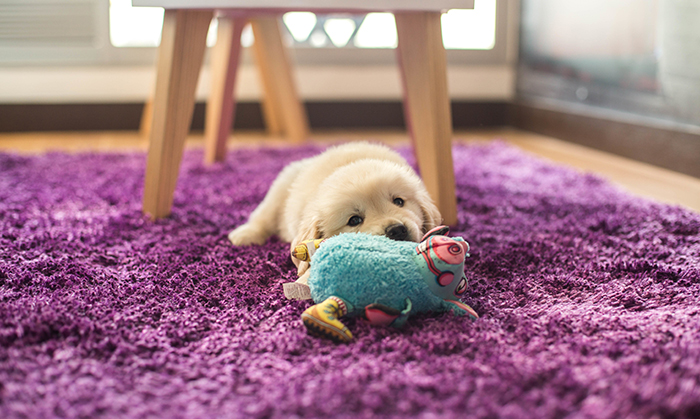 Image credits:
Image credits: 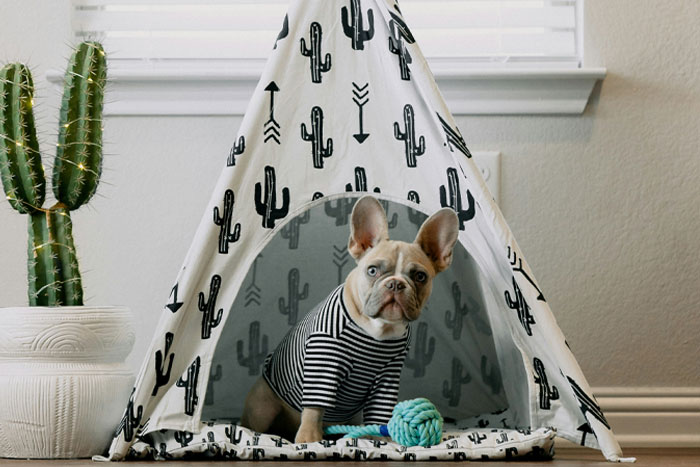 Image credits:
Image credits: 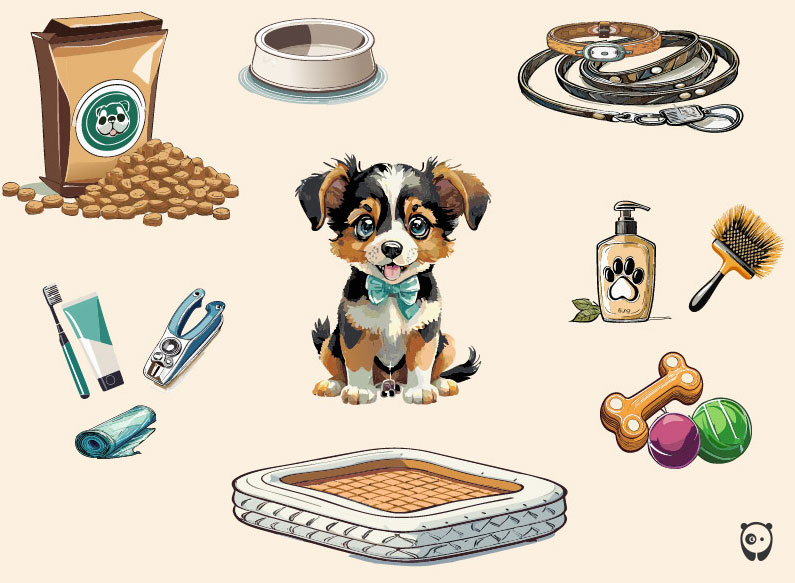
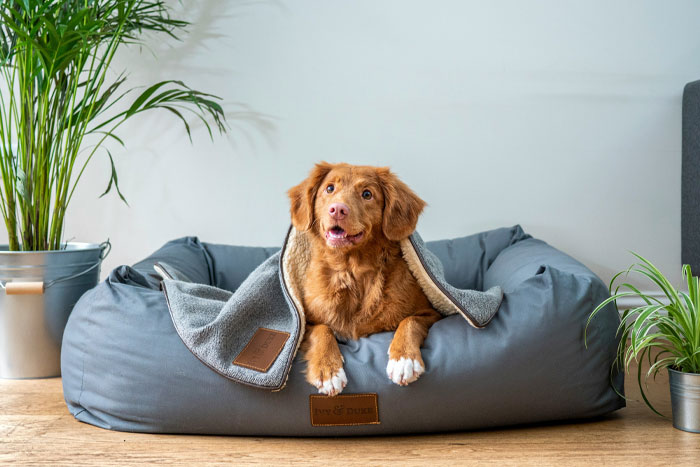 Image credits:
Image credits: 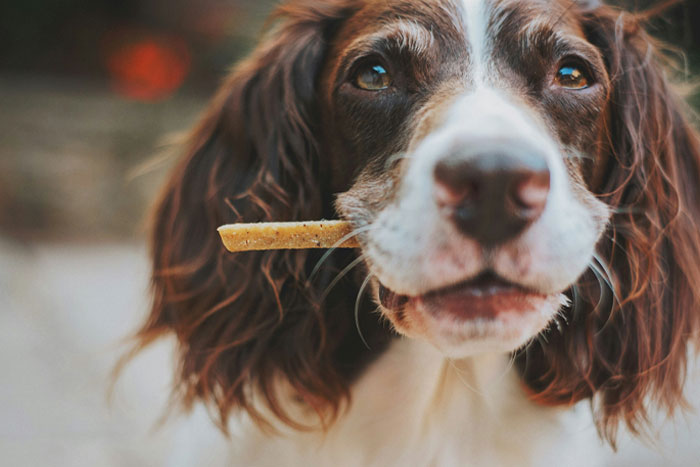 Image credits:
Image credits: 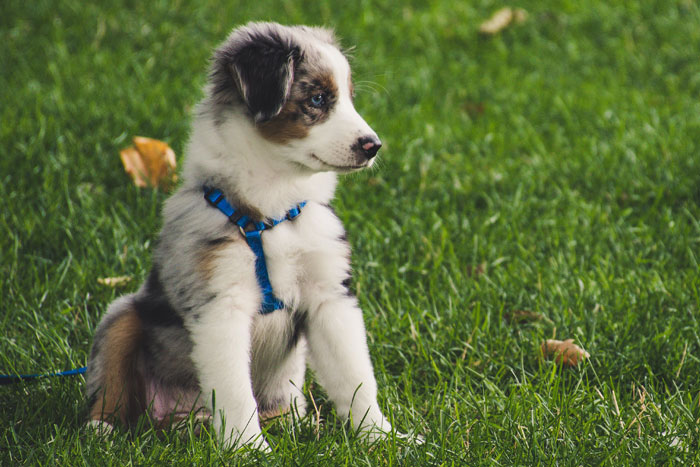 Image credits:
Image credits: 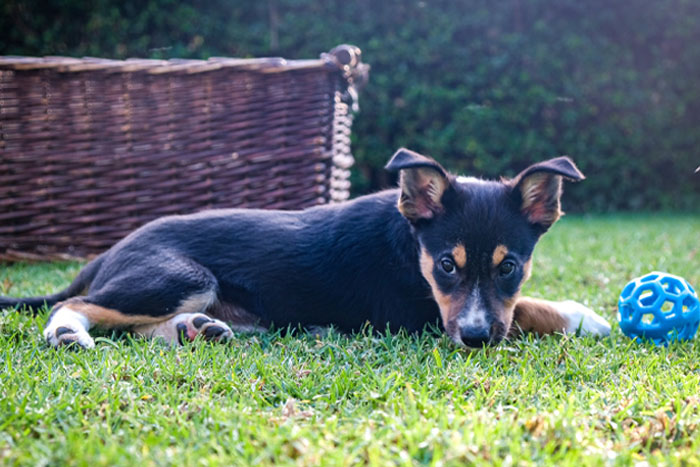 Image credits:
Image credits: 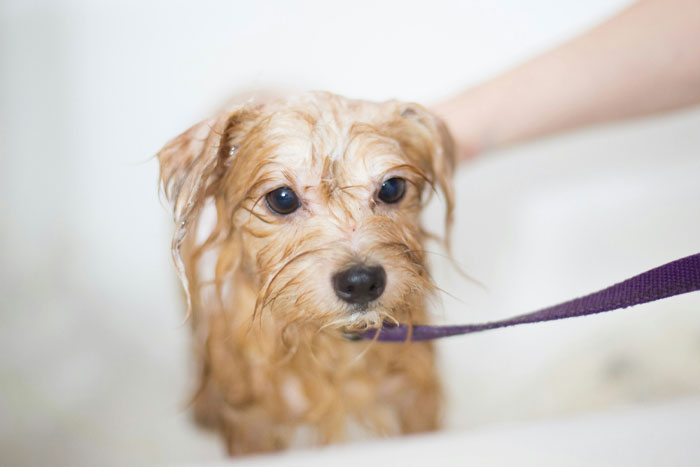 Image credits:
Image credits: 



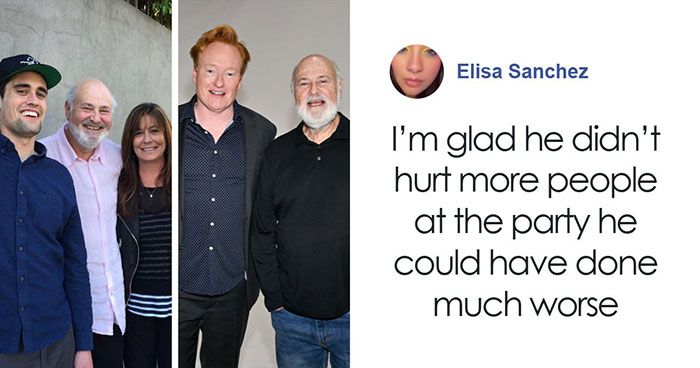




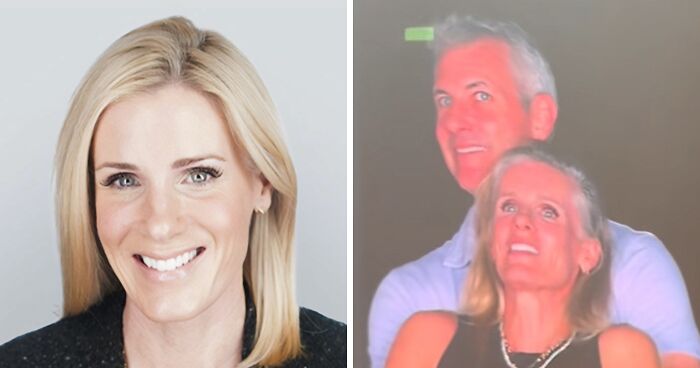

































-4
0